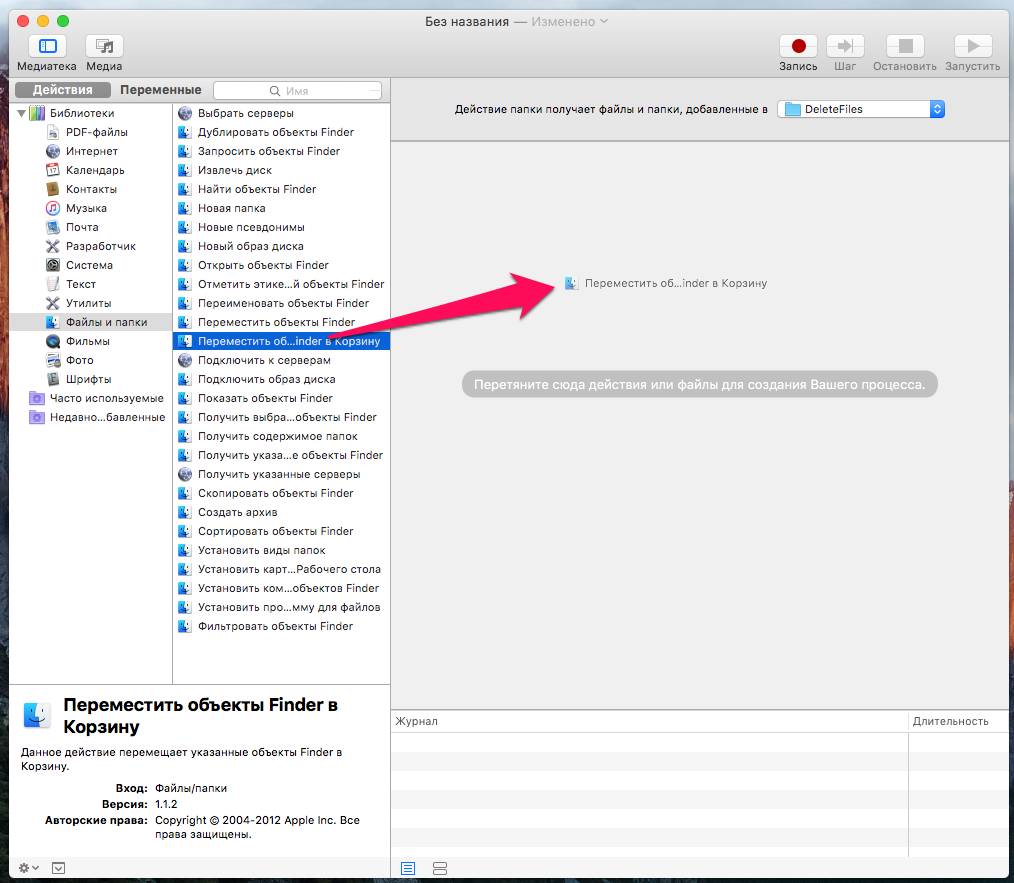
You learned about the shell problem associated with unzip command, and then we explained how to extract multiple. $ for z in *.zip do unzip -P 'my_password_here' "$z" done Summing up # Dealing with multiple zip files at the CLI # $ unzip -P 'your_password_here' file1.zip On Linux, you can hide processes from other users and ps command. Therefore, I provided a solution here with a warning. WARNING! The following is an insecure option on both single and multi-user operating systems as other users on the system can see your password passed using the -P option.

The syntax is as follows to unzip multiple files from Linux command line: Method #1: Unzip Multiple Files Using Single Quote (short version) The solution is pretty simple when you want to unzip the file using the wild card you have two options as follows. $ unzip data.zip invoices.zip pictures.zip visit.zip Your shell expands the command ‘unzip *.zip’ it as follows: It means extract invoices.zip, pictures.zip, and visit.zip files from inside the data.zip archive. Then I get the following message on my screen: Archive: data.zipĬaution: filename not matched: invoices.zipĬaution: filename not matched: pictures.zipĪbove error indicate that you used the unzip command wrongly. zip extension on Linux or Unix machine), enter: To unzip all files ( *.zip tells unzip to work on all files ending with. Here is what I see: data.zip invoices.zip pictures.zip visit.zip

Let us verify it with the help of ls command: The problem with multiple zip files on LinuxĪssuming that you have four file in a /disk2/images/ directory as follows:


 0 kommentar(er)
0 kommentar(er)
